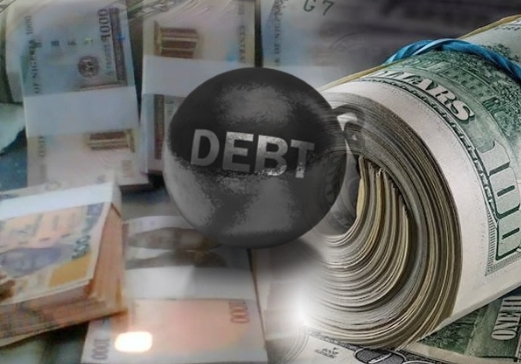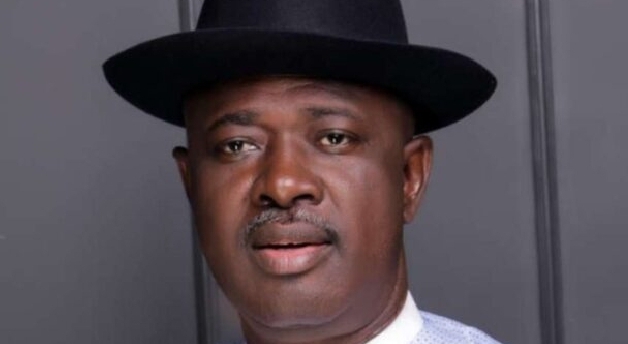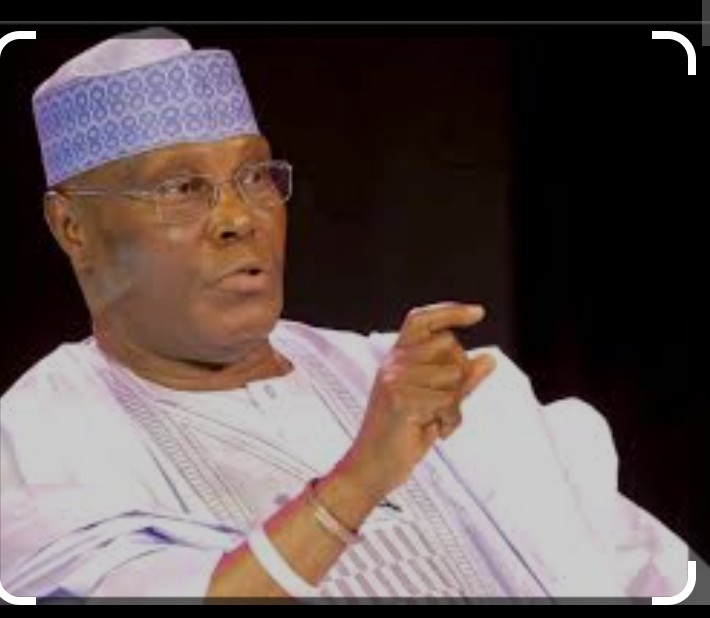Nigeria Spends $1.36bn to Service Foreign Debts in First Half of 2024, DMO Report Shows

In the first half of 2024, the Nigerian government allocated a staggering $1.36 billion to service its debts owed to 12 international and multilateral creditors. This payment is detailed in the Debt Management Office’s (DMO) latest public debt report.
The figure marks a significant 216.07% increase compared to the $431.23 million spent during the same period in 2023. The surge in debt servicing costs is primarily attributed to rising global interest rates, which have significantly inflated borrowing expenses for the Nigerian government.
The report reveals that the increase in debt payments reflects the growing strain on Nigeria’s fiscal balance, especially amid ongoing economic challenges. Notable creditors include multilateral institutions such as the African Development Bank (AfDB), International Monetary Fund (IMF), International Development Association (IDA), and bilateral institutions like the Japan International Cooperation Agency (JICA) and the French Agency for Development (AFD).
In addition to these foreign obligations, the DMO’s report shows that Nigeria’s total public debt—comprising both domestic and foreign debt—has risen sharply, reaching N71.2 trillion and $42.9 billion, respectively, as of June 2024. This marks increases of 20.4% for domestic debt and 1.1% for foreign debt compared to December 2023.
The rise in domestic debt, in particular, has been steep, escalating from N54.1 trillion in June 2023 to the current N71.2 trillion, reflecting the government’s growing reliance on domestic borrowing. This, coupled with an aggressive interest rate hike by the Central Bank of Nigeria (CBN) to 27.25% aimed at curbing inflation, has had a ripple effect, significantly raising the cost of borrowing.
Despite efforts to manage inflation, critics are increasingly concerned about Nigeria’s mounting debt burden, particularly from international lenders such as the World Bank and IMF. With debt servicing costs rising, questions have been raised about the long-term sustainability of such borrowing, especially in light of the country’s limited progress in addressing economic challenges.
A closer look at the debt servicing breakdown reveals that the IMF received the highest repayment of $813.58 million, marking a 102.52% increase from the previous year. The International Development Association followed with a payment of $327.98 million. Other multilateral institutions, such as AfDB and EDF, also received substantial payments.
The government has been under increasing pressure to address its foreign debt obligations, especially as global interest rates continue to climb and the Naira’s value fluctuates. Fitch Ratings has projected that Nigeria’s external debt servicing could rise to $5.2 billion in 2025.
In response to these mounting pressures, President Bola Tinubu recently called for debt relief during the 79th United Nations General Assembly. Represented by Vice President Kashim Shettima, Tinubu urged global leaders to prioritize debt forgiveness for developing countries like Nigeria, emphasizing that the current debt burden is hindering economic progress.
Moreover, Nigeria’s domestic debt has also seen a rise in the form of Promissory Notes, which have surged by 6.5% to N1.65 trillion as of June 2024. This debt instrument is typically used when the government cannot meet its financial obligations immediately and is largely owed to contractors, suppliers, and oil marketers. Under Tinubu’s administration, the reliance on Promissory Notes has escalated, increasing by 114% since he took office.
The growing reliance on both domestic and foreign debt and the rising servicing costs underscore the urgent need for fiscal reforms and international support to prevent further economic strain on the country.



